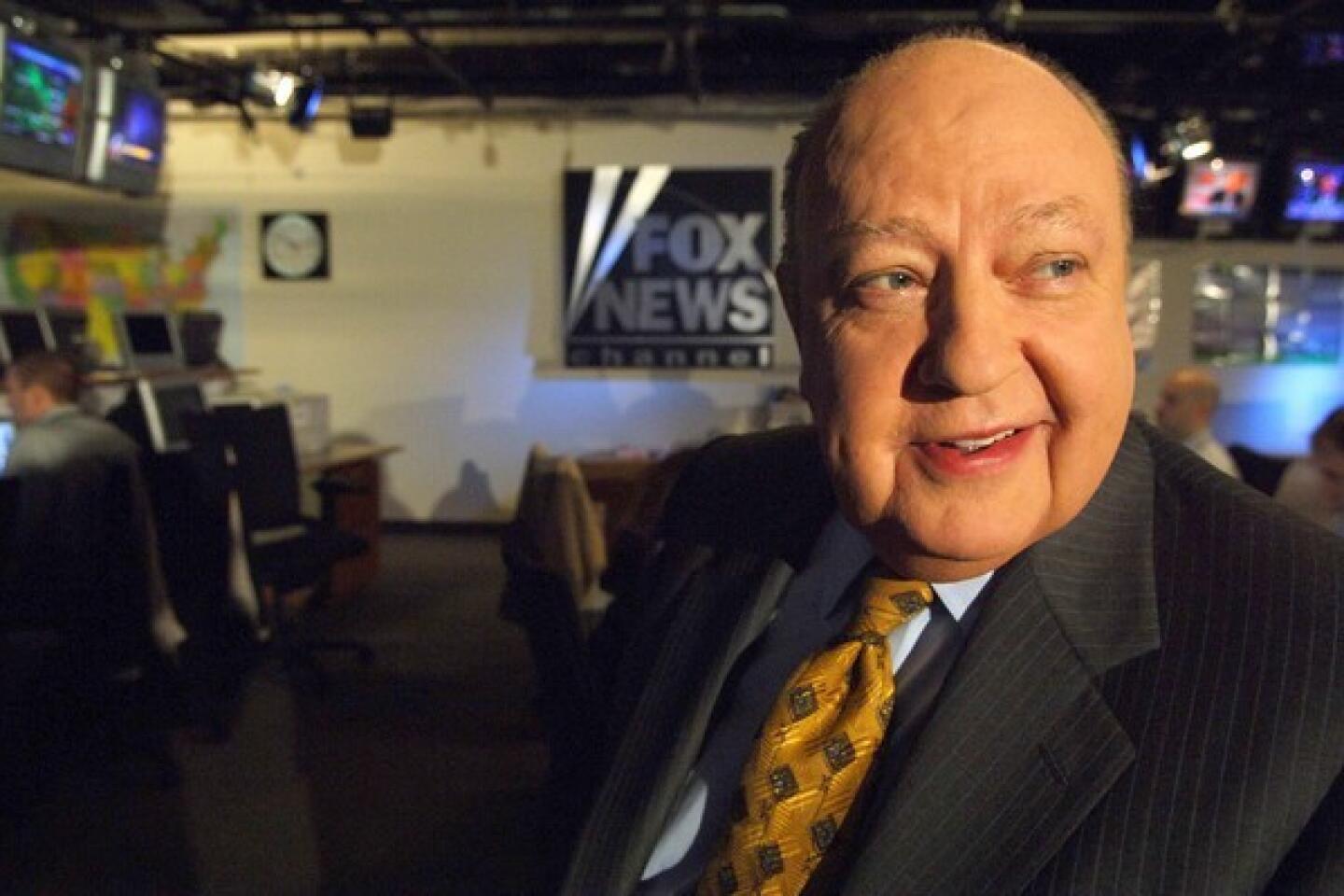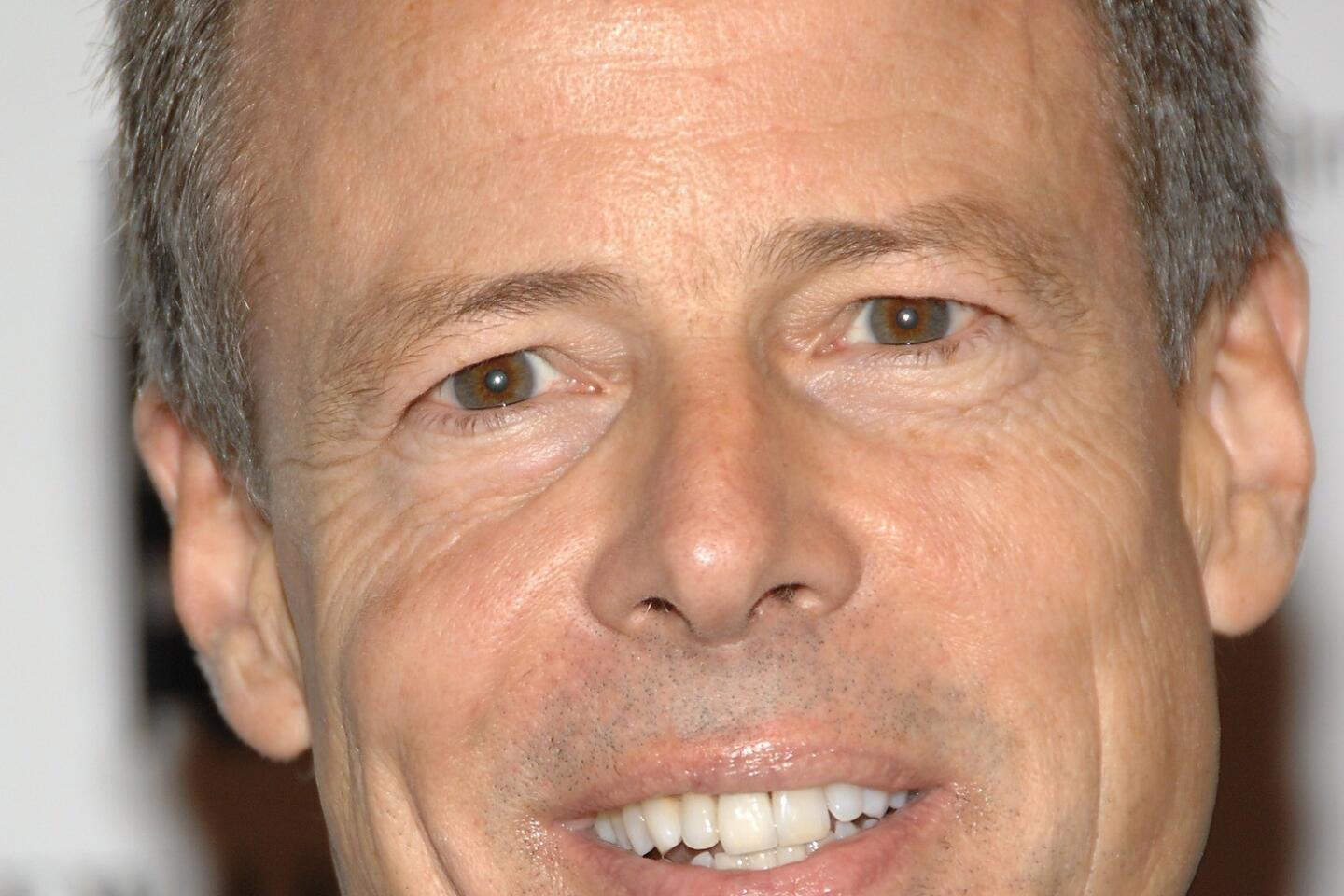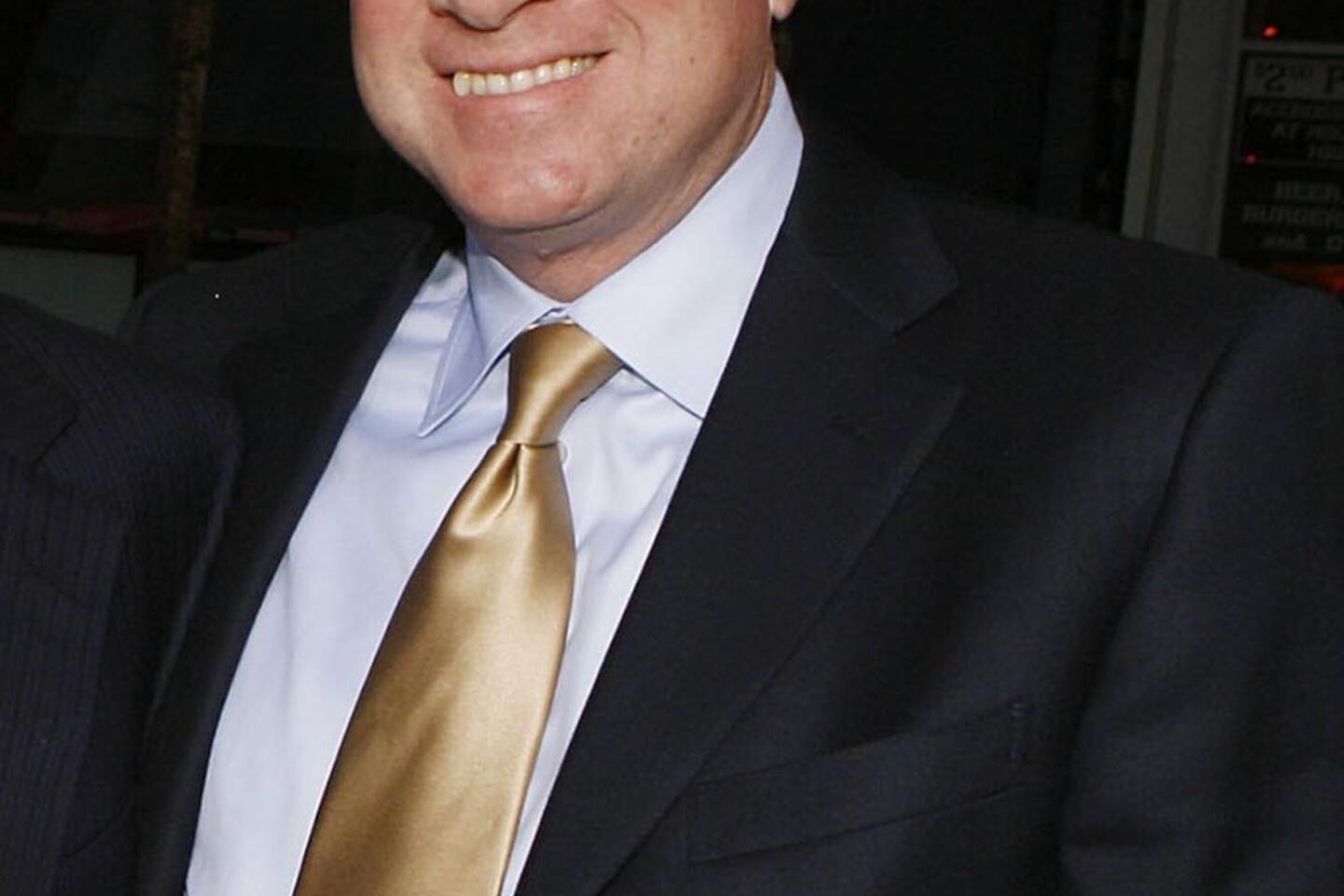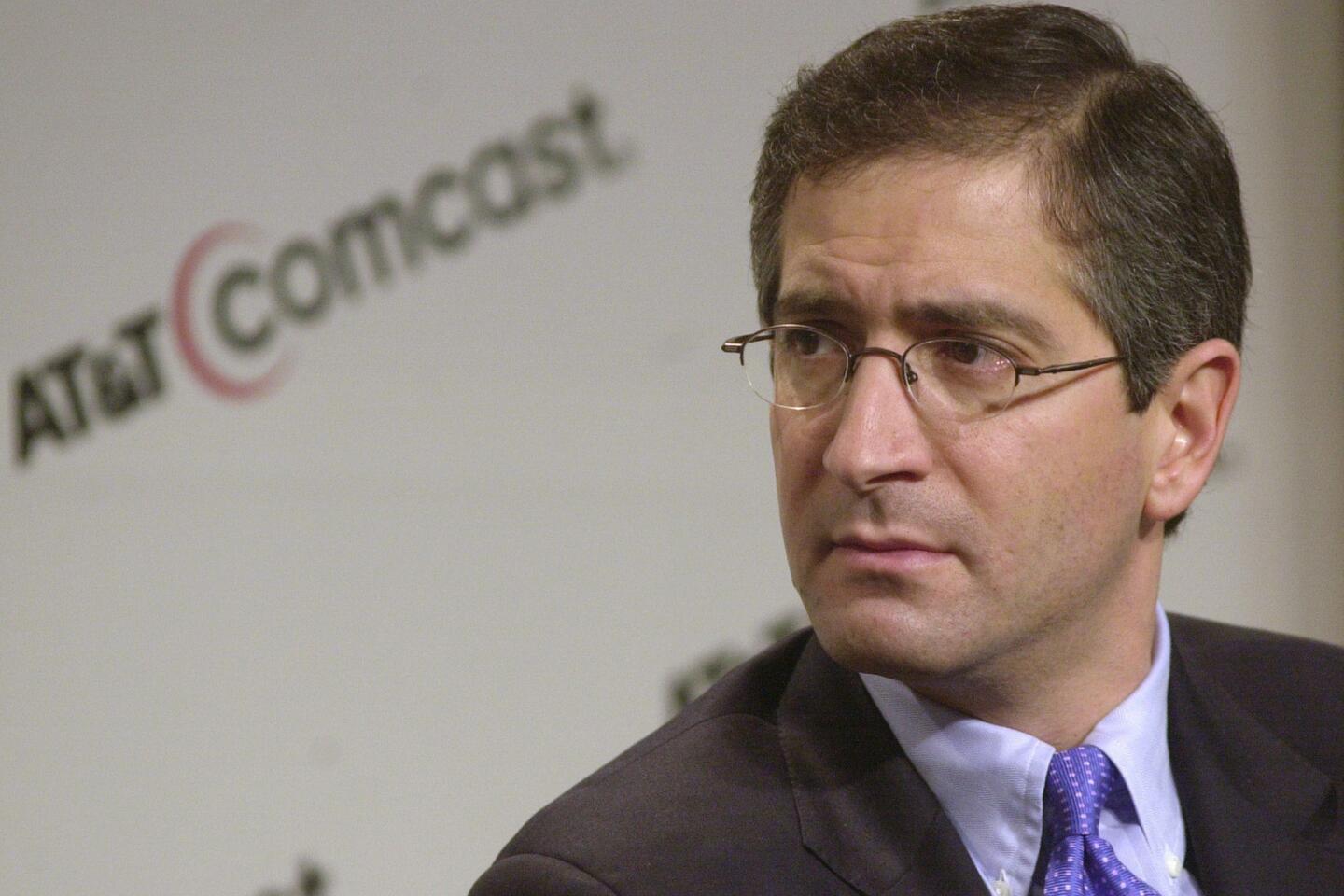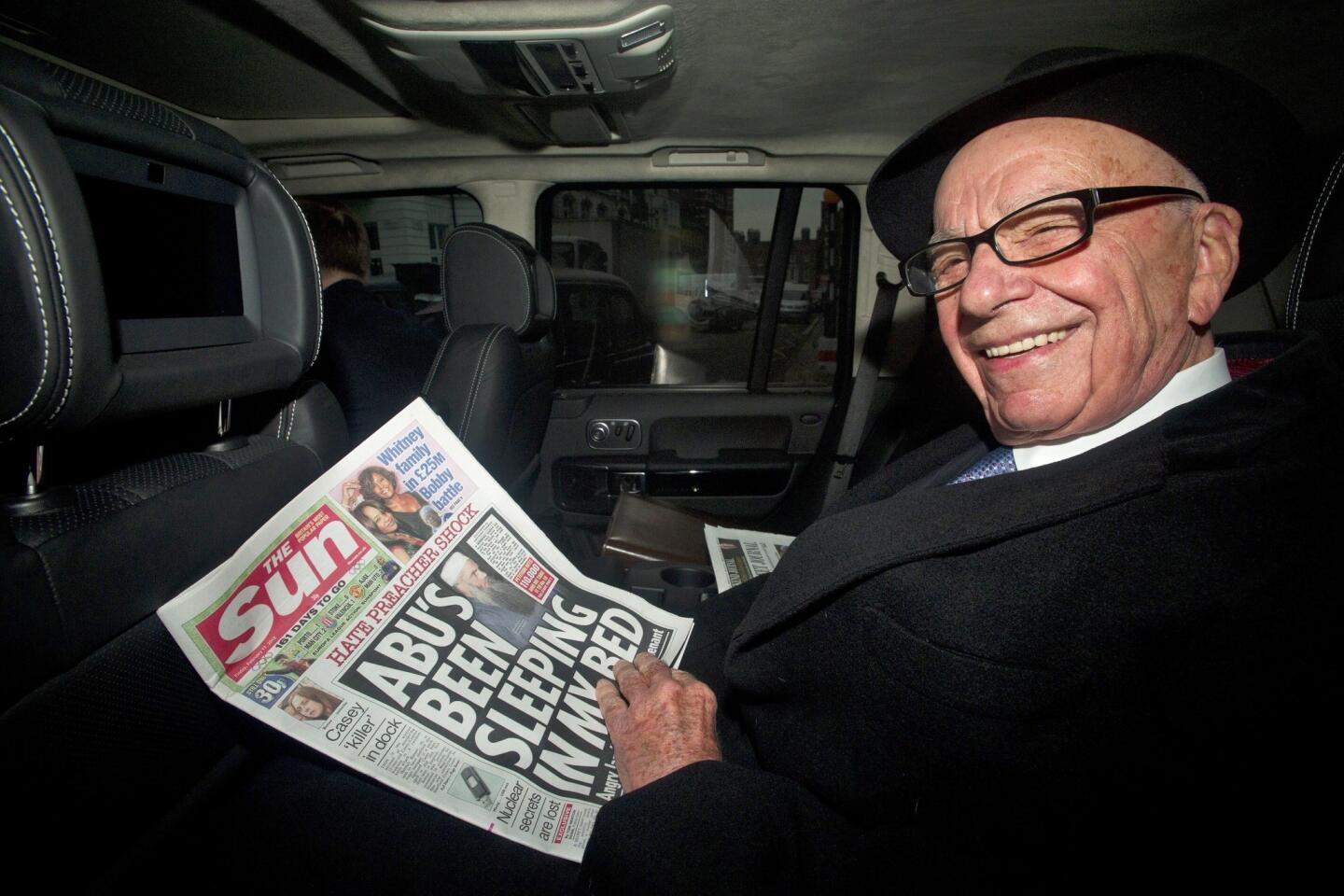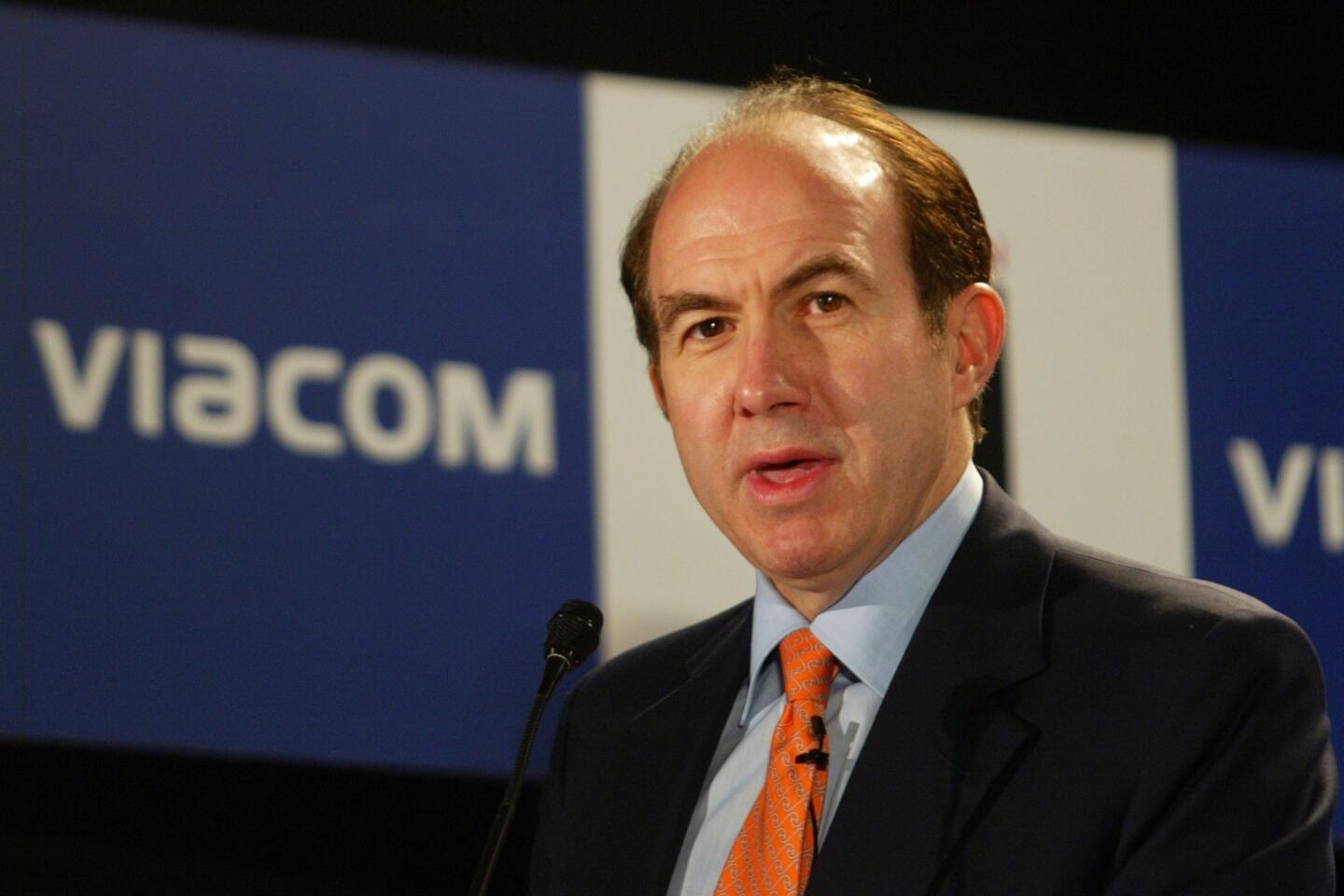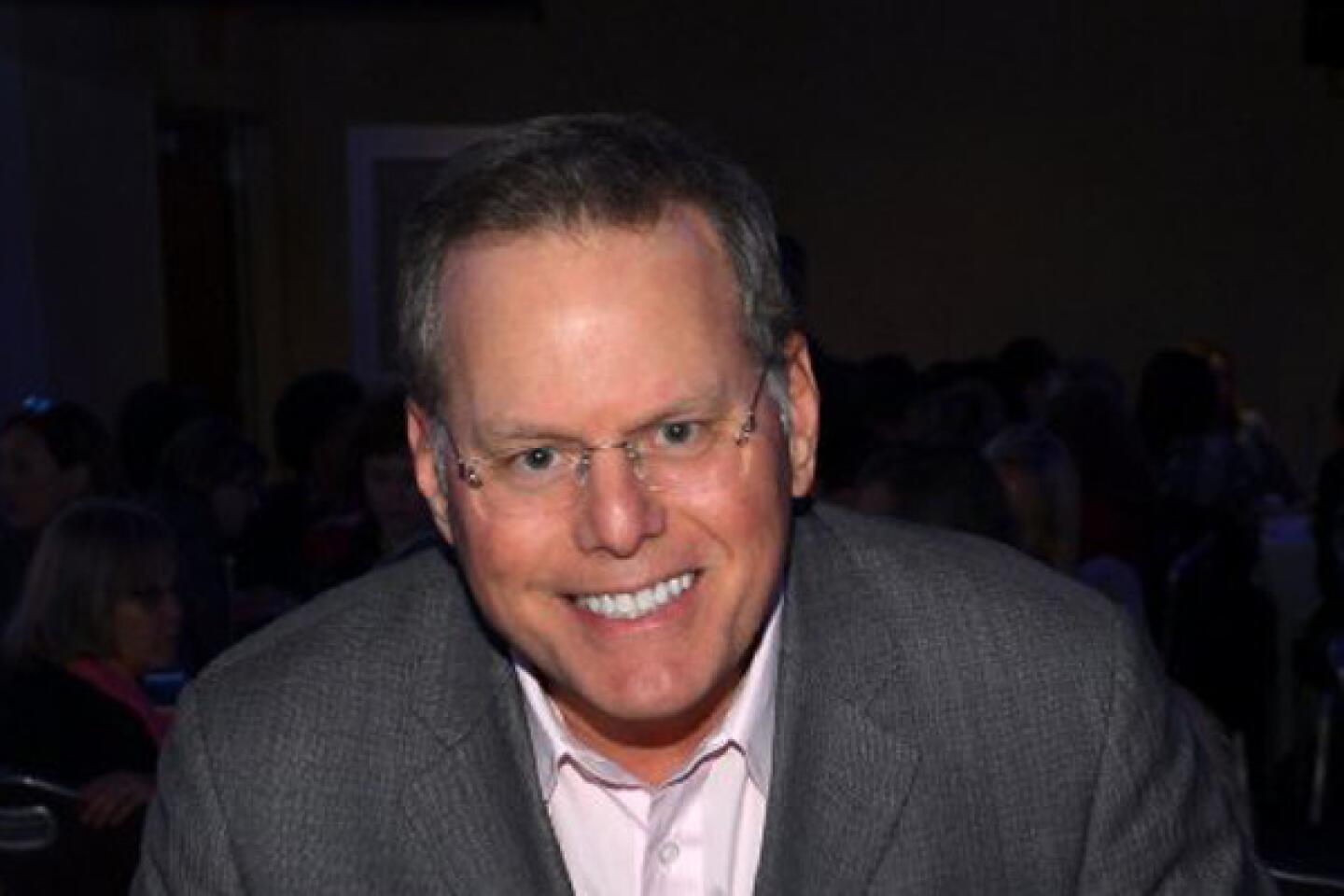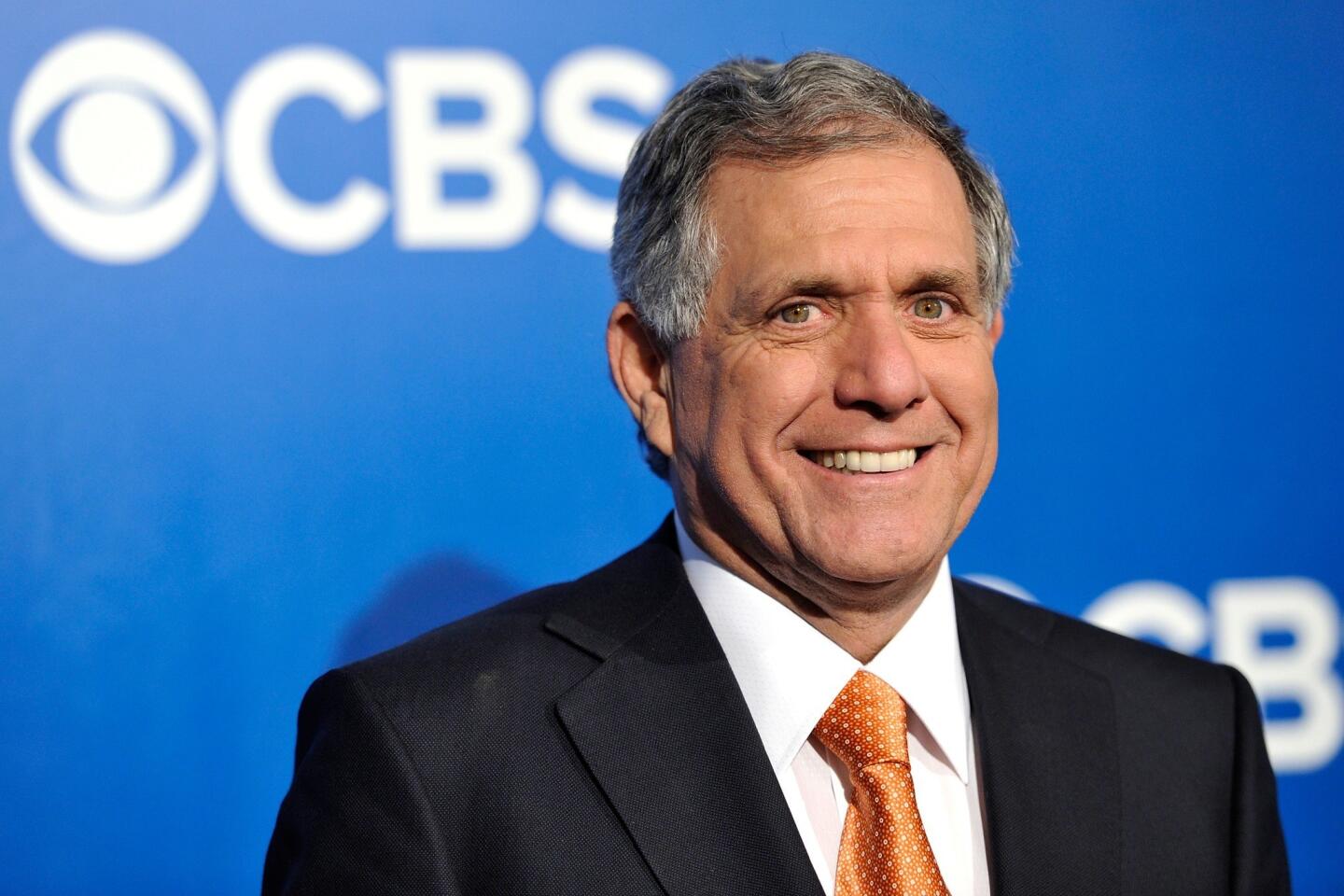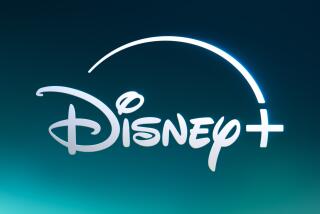With new leadership, online video site Hulu changes TV strategy
The online video site Hulu once had ambitions of ushering in the future of television by shaking up the status quo.
But under its new management, the site will throw off its old mantle of TV disrupter as it seeks to work in partnership with cable and satellite companies.
Veteran Fox television executive Mike Hopkins took over as chief executive less than a month ago, an appointment that signaled the media companies that control Hulu wanted to turn the popular service into a feature offered through pay-TV distributors.
“When you hire a guy who’s spent his life in distribution, it probably signals that they’re looking for a second revenue stream in that area,” Needham & Co. media analyst Laura Martin said.
PHOTOS: Biggest tech flops of 2013 – so far
Such a move would preserve existing business relationships between pay-TV operators and Hulu’s owners — 21st Century Fox, Walt Disney Co. and NBCUniversal parent Comcast Corp. — that funnel billions of dollars a year into corporate coffers, and perhaps even play a hand in shaping the dramatic changes to the television industry that some see as inevitable.
The newly installed Hulu executive team is believed to already be pursuing deals with cable operators to offer subscribers access to Hulu as a way to watch current shows online, according to several people with knowledge of the situation.
The team also may seek to use these same pay-TV providers to sell subscriptions to Hulu Plus, which extends TV viewing to Internet-connected game consoles and televisions as well as to smartphones and tablets.
The play-nice-with-the-cable-guys strategy marks a shift in emphasis for Hulu, a site that launched in March 2008 with big ambitions to change the TV world by providing free online access to popular TV shows.
ON LOCATION: Where the cameras roll
The service, which won praise for its ease of use, caught on quickly with users. Within a year, Hulu ranked second only to Google Inc.’s YouTube in online video views in the U.S., according to measurement firm ComScore Inc.
Hulu succeeded a little too well for the cable and satellite companies that pay for the right to carry TV programming, and viewed Hulu as a threat.
Suddenly, entire seasons of such popular cable network shows as “It’s Always Sunny in Philadelphia” were abruptly taken off the site. By July 2011, Fox began to restrict next-day streaming of its prime-time shows to customers of cable and satellite companies — and impose an eight-day delay on Hulu.
The future of Hulu came into question when Jason Kilar, the former Amazon.com Inc. executive recruited to launch Hulu, announced early this year that he would leave. Many believe his days as CEO had been numbered since a February 2011 blog post in which he outlined the forces shaping the future of the industry — and the role Hulu would play in that evolution.
PHOTOS: Cable versus broadcast ratings
“History has shown that incumbents tend to fight trends that challenge established ways and, in the process, lose focus on what matters most: customers,” Kilar wrote. “Hulu is not burdened by that legacy.”
That appraisal proved inaccurate.
The site’s media owners — which compete for TV ratings — found it hard to work as partners on the venture, and elected to put their problem child up for sale.
When owners 21st Century Fox Inc., Walt Disney Co. and Comcast Corp. abruptly canceled a proposed Hulu sale last July, and announced they would instead invest $750 million into the streaming service, no one was more surprised than the bidders.
Hulu attracted interest from pay-TV distributors DirecTV and Time Warner Cable Inc., as well as media companies Guggenheim Digital Media and Chernin Group, led by former News Corp. Chief Operating Officer Peter Chernin, who had championed Hulu’s creation while at the media conglomerate.
PHOTOS: Celebrities by The Times
Even as the parties worked through the Fourth of July holiday to prepare final bids, with offers of $1 billion to $1.2 billion, Hulu’s owners developed a case of cold feet, several people familiar with the matter said.
Disney CEO Robert A. Iger attempted to buy the site outright — something its media rival Fox refused to consider, several people said. A Disney spokesman declined to comment.
Hulu’s third owner, Comcast, cannot influence or interfere with the site’s operation under terms of a federal consent decree related to its acquisition of NBCUniversal. However, the nation’s largest cable company made clear its objections to a potential sale to its chief competitor, DirecTV, a person with knowledge of the matter said.
Comcast also signaled that it would be willing to invest in Hulu’s growth if Disney and Fox chose to retain ownership.
Comcast did not respond to a request for comment.
At the time the sale was canceled, Hulu’s corporate parents said that the avid interest from traditional pay-TV distributors and digital media companies underscored the site’s value. It would be foolish to give away such a gem, they said, for some other company to exploit.
“Any buyer would have wanted to disrupt the traditional TV business and really rock the boat,” said Mike Vorhaus, head of the digital media practice at Frank N. Magid Associates. “Keeping Hulu ownership with the current owners is less threatening.”
As Hulu looks to the future, it is expected to position the service, which enables viewers to watch recent episodes of such popular prime-time shows as “Big Bang Theory,” “Sleepy Hollow” and “The Voice,” as an accelerant to the cable industry’s slow-growing TV Everywhere efforts.
The initiative was proposed by Comcast and Time Warner Inc. in 2009 to grant customers online access to TV shows and movies, once they prove they’re cable subscribers. It was a bid by the cable industry to protect its distribution business from so-called over-the-top services that bypass pay-TV operators and deliver movies and TV shows directly into homes via the Internet.
More to Read
From the Oscars to the Emmys.
Get the Envelope newsletter for exclusive awards season coverage, behind-the-scenes stories from the Envelope podcast and columnist Glenn Whipp’s must-read analysis.
You may occasionally receive promotional content from the Los Angeles Times.
